Judeo-Spanish and the Jewish Community of 21st century Thessaloniki: Ethnic language shift in the maintenance of ethno cultural identity
The purpose of this research is to delve further into the relationship between language and ethnic identity. Given human social behavior that seeks to establish boundaries between differing groups of people and the indisputable role of language as a boundary marker and signal of ethnic identity, what happens to ethnicity when the language once associated with it is no longer used? Do other markers of ethnicity, both linguistic and non linguistic, emerge to sustain ethnicity? This research employs the case of Judeo-Spanish, the longtime associated language of the Jews of Thessaloniki, Greece, to examine these principle research questions. Participants include members of the Jewish community and are divided into three generational groups in order to establish trends and transformations based on generation. In conjunction with the historical, social and political considerations that frame this community, participant questionnaire and interview responses form the database from which the analysis and interpretation derive. The findings concur with claims linking language to the ethnic identity of a group so that upon the shift of said language, a group’s self-conceptualization is transformed as is the nature of the link between language and identity. This shift also appears to effectuate a reprioritization of ethnic markers that serve to sustain social boundaries between the groups.
